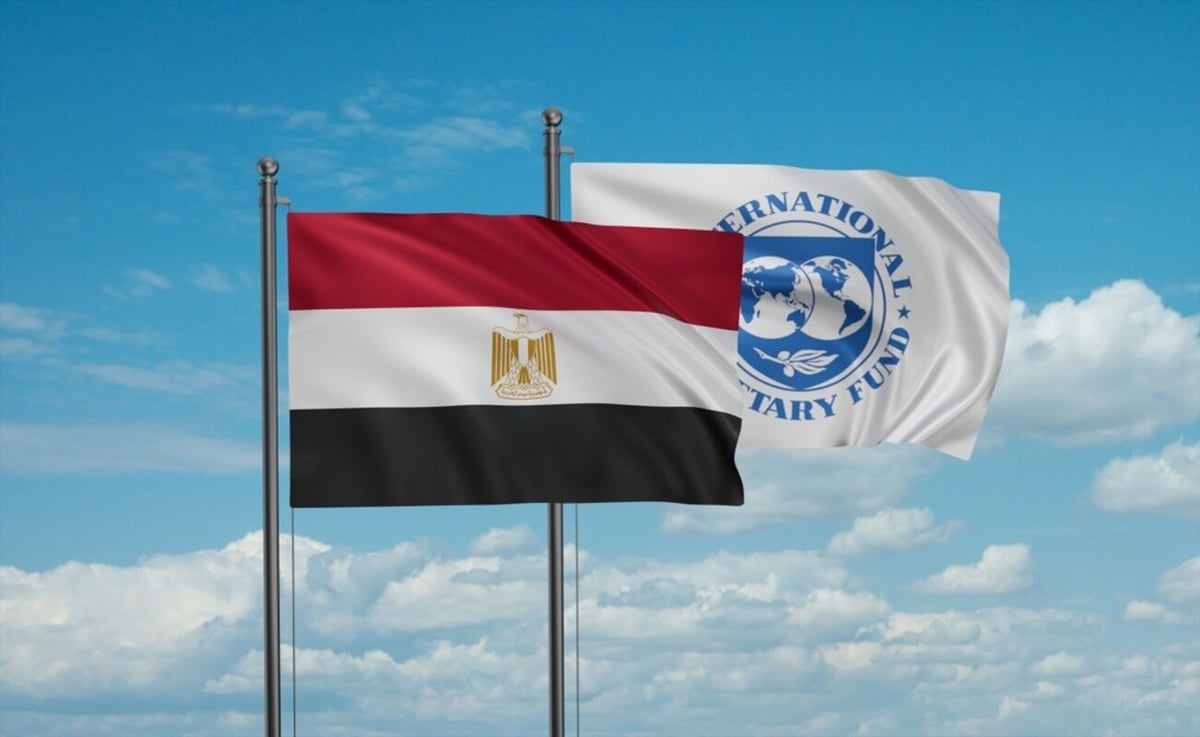Egypt could be receiving further funding from the International Monetary Fund (IMF) in the upcoming weeks, as IMF Spokesperson Julie Kozack informed journalists.
Cairo is currently benefiting from financing provided by the international lender under an agreement established in 2022, which was expanded to a total of $8 billion last year. At the time of this program increase, the IMF indicated that these additional funds were necessary due to the economic impacts that Israel’s conflict with Gaza has had on Egypt.
Read more: IMF to review Egypt’s loan program as GDP growth projected at 4.2 percent for FY2025
However, Kozack clarified that there was “no connection” between Egypt’s financing program and “some of the announcements in Gaza,” in response to a journalist’s inquiry regarding whether the fund was considering the potential costs of accommodating Palestinian refugees.
Cairo is also anticipating the transfer of $1.2 billion from the IMF under its current program, following the completion of its fourth program review in December.
Kozack noted that IMF executives, who are set to review the new financing program for Egypt in the coming weeks, will also approve the outcomes of the staff agreement reached during the Extended Fund Facility’s fourth review.
During the fourth review in Egypt, which occurred in December, Kozack stated that IMF staff and Egyptian authorities agreed to “recalibrate the fiscal consolidation path to create fiscal space for critical social programs” aimed at “vulnerable groups and the middle class,” while ensuring debt sustainability.
To achieve these goals, Kozack explained that Egypt’s authorities and the IMF considered “difficult external conditions and a challenging domestic environment.”
IMF reforms drive up living costs for Egyptians
In conjunction with the loans, the IMF has introduced economic adjustment programs that have led the government to devalue the Egyptian pound and reduce subsidies on food and fuel. This has resulted in rising living costs for over 100 million citizens, pushing many below the poverty line.
To mitigate the effects of subsidy reductions on a populace already grappling with soaring living expenses, the government has frequently postponed planned policy changes, including the liberalization of fuel prices.
Kozack mentioned that concurrently, the executive board would be assessing a new potential financing avenue for Egypt under the Resilience and Sustainability Fund.
This new funding would accompany a package of policy reforms, although she refrained from commenting on the specific amount that would be allocated to Cairo under this new program.
The IMF’s decision to increase the 2022 program from $3 billion to $8 billion early last year marked the beginning of a bailout that ultimately resulted in Egypt securing over $40 billion in financing and investment commitments from the United Arab Emirates and Europe.








